2009
Very busy. I was an active person.. also a lot of family stress to deal with.
Walking, studying and working my dream job that I spent 10 years training for. Also fun activities and adventures with my now grown up family as we used to do.
Sick, just sick. My whole body hurts so much, pain, burning. I feel so sick, unable to do anything but rest as best I can, which is almost impossible with the pain and sickness.
When I can get out, clean and fresh. When the pain can be dulled by pain medication and when I feel happy enough for the pain not to matter.
There is no typical day with M.E.
You will never know how bad it can be unless you have it yourself. I never understood M.E. until I had it. It’s like being sick in reverse..the usual things to do to feel better don’t work. Exercise makes the illness worse, anything using energy makes it worse..even the happy things. There’s no cure.
And here is Mandie’s long struggle with the illness, she was diagnosed in 1995.
Full, I had two children under 5. Worked full time in a job I loved and had just helped to restore and rebuild a house
Knowing that on any given day I can do “normal” things. Having friends and a social life- being able to work full time. Being considered a full person
No control over limbs- incredible pain, headaches, brain fog. sleepless nights
being normal again.
alarm goes off, I have to snooze it for half an hour before getting up else my legs collapse. Showers have to be judged as they make me ill. Pacing- no background noise like radios- tired all the time.
That the people suffering are still the same people who need to be part of the human race and not ignored, shunned or pitied. Also- that doctors do not always recognise the illness so it takes a lot of courage and effort for sufferers to get what limited help there is.
There is a life to have with ME.
This dedication is part of Mike’s Camino de Santiago walk.
Read why Mike is walking 255 km for ME/CFS/Fibromyalgia.
Please consider supporting important research by making a donation to my JustGiving page and definitely share this post. Thank you.
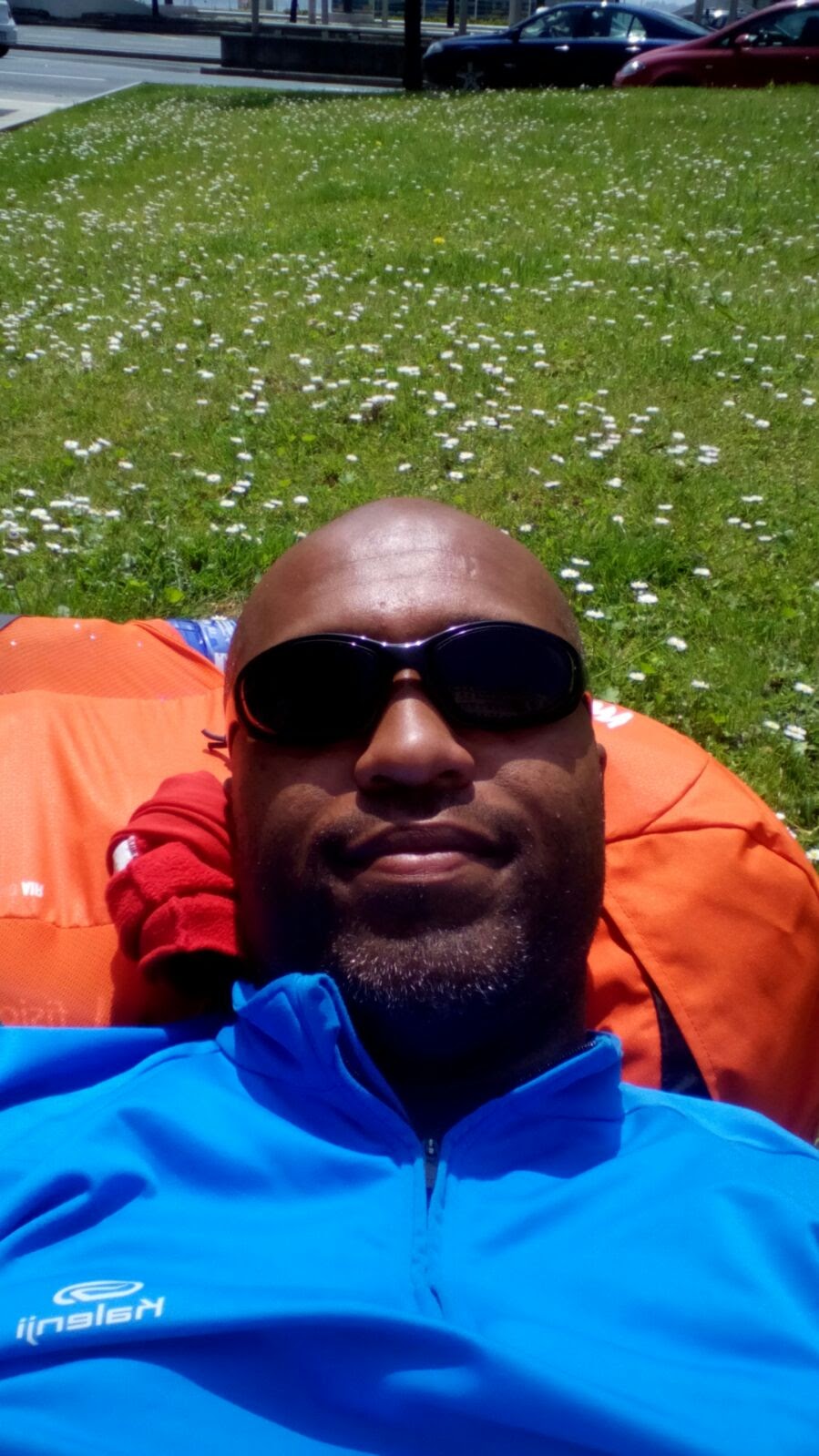
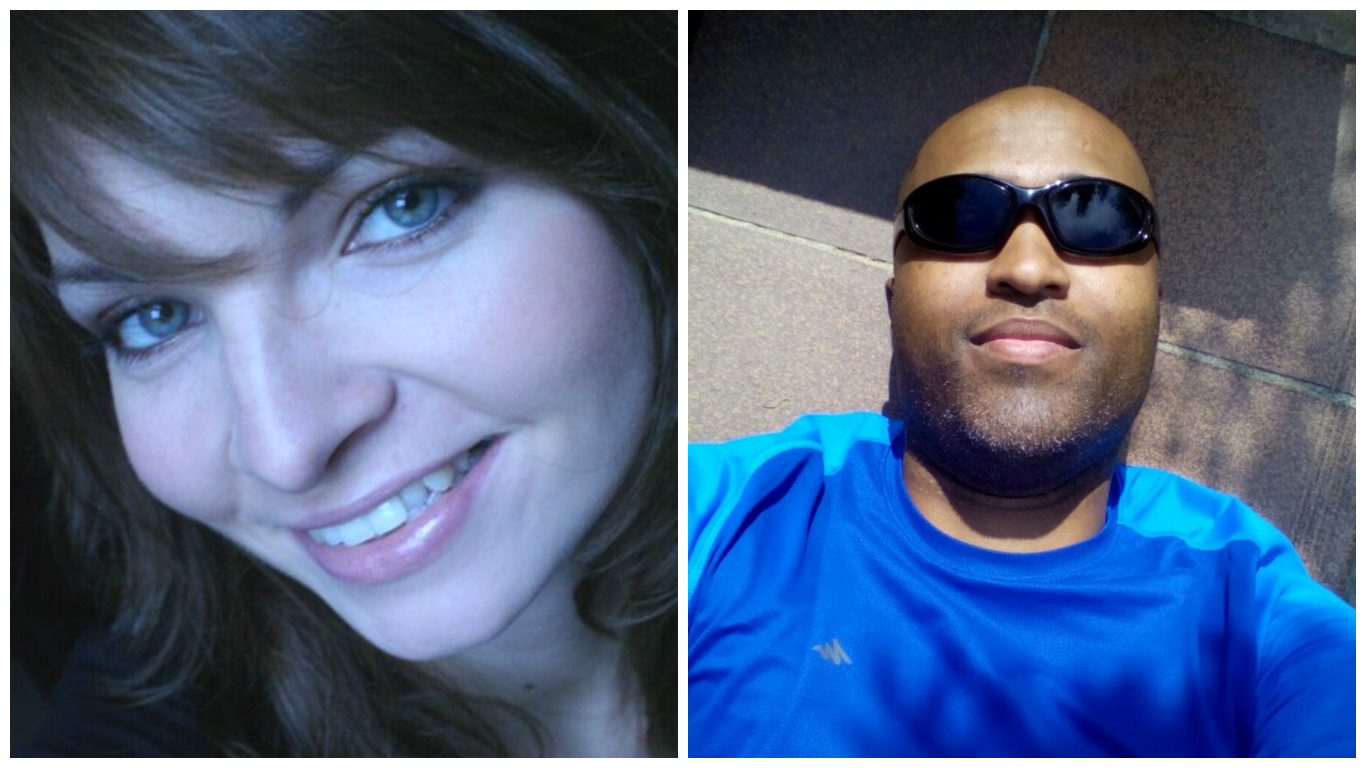
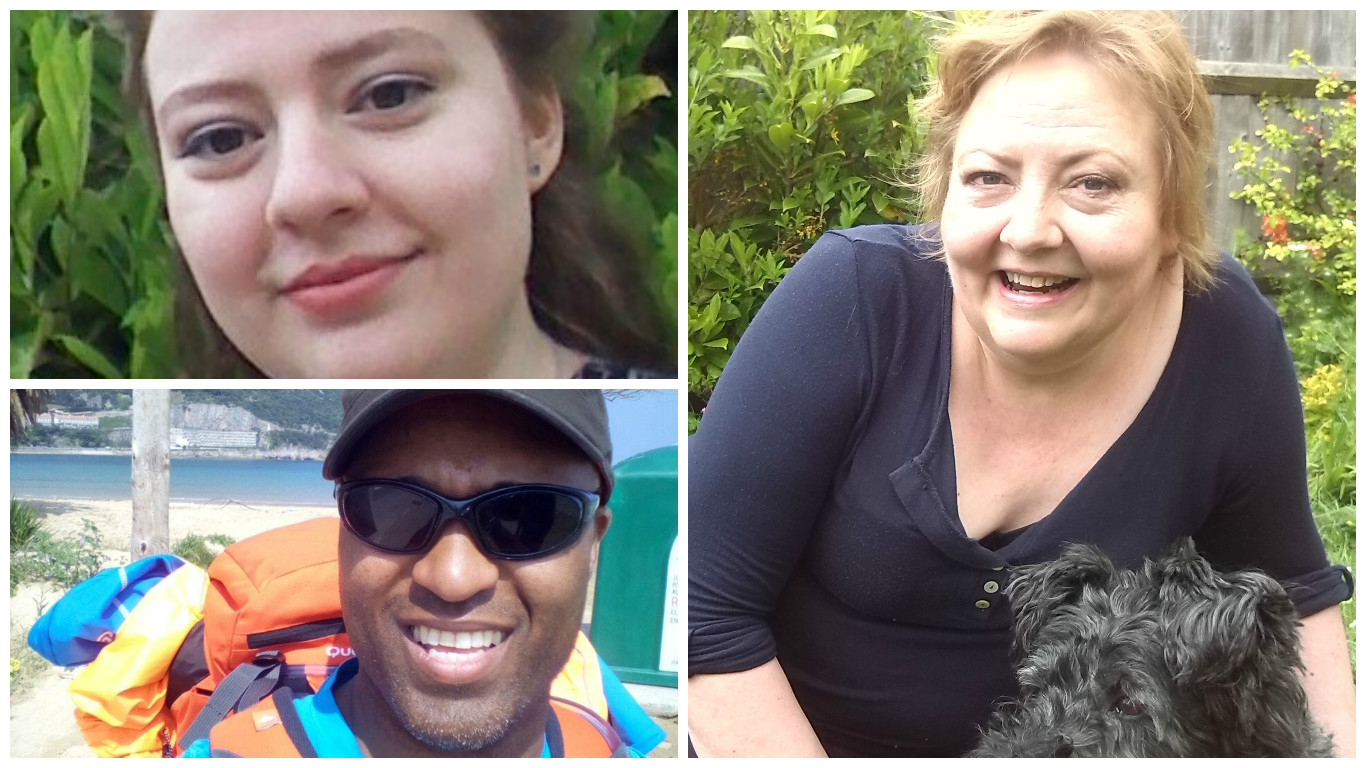
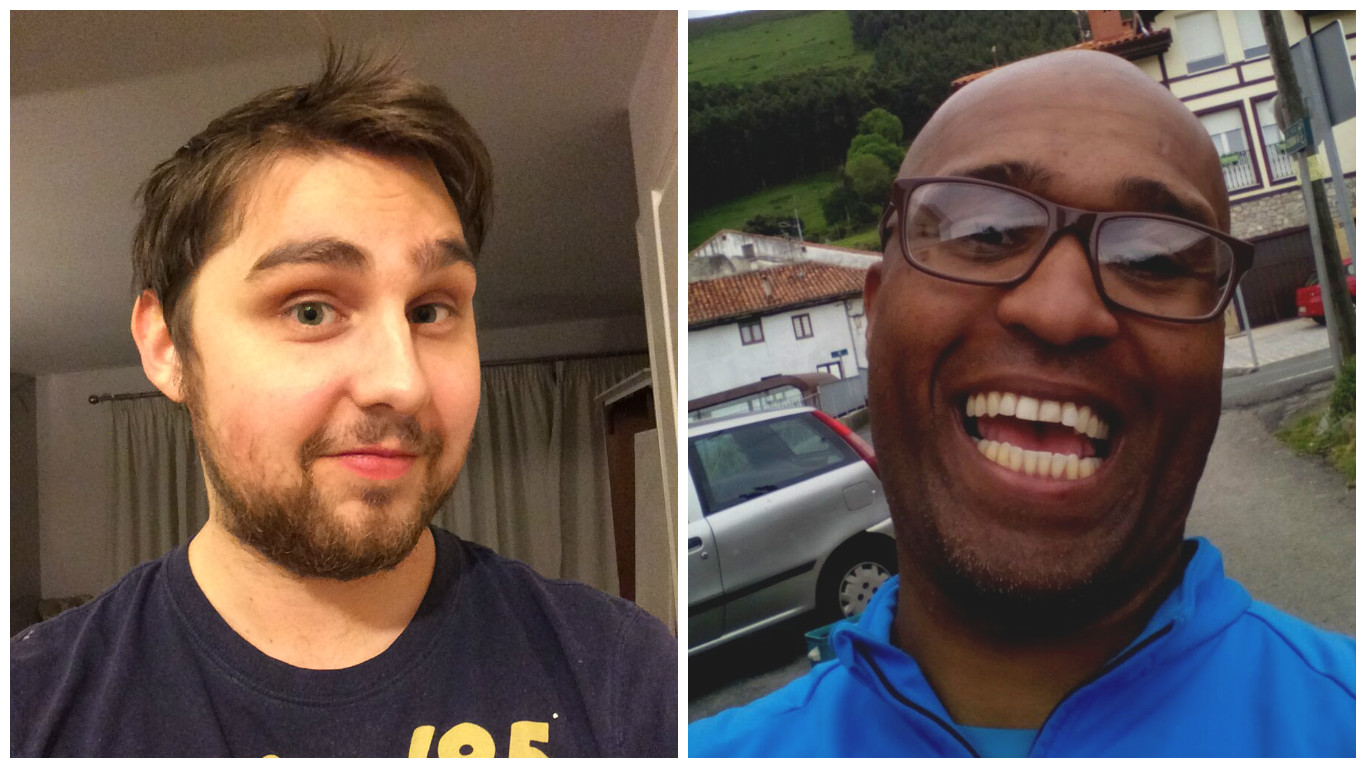
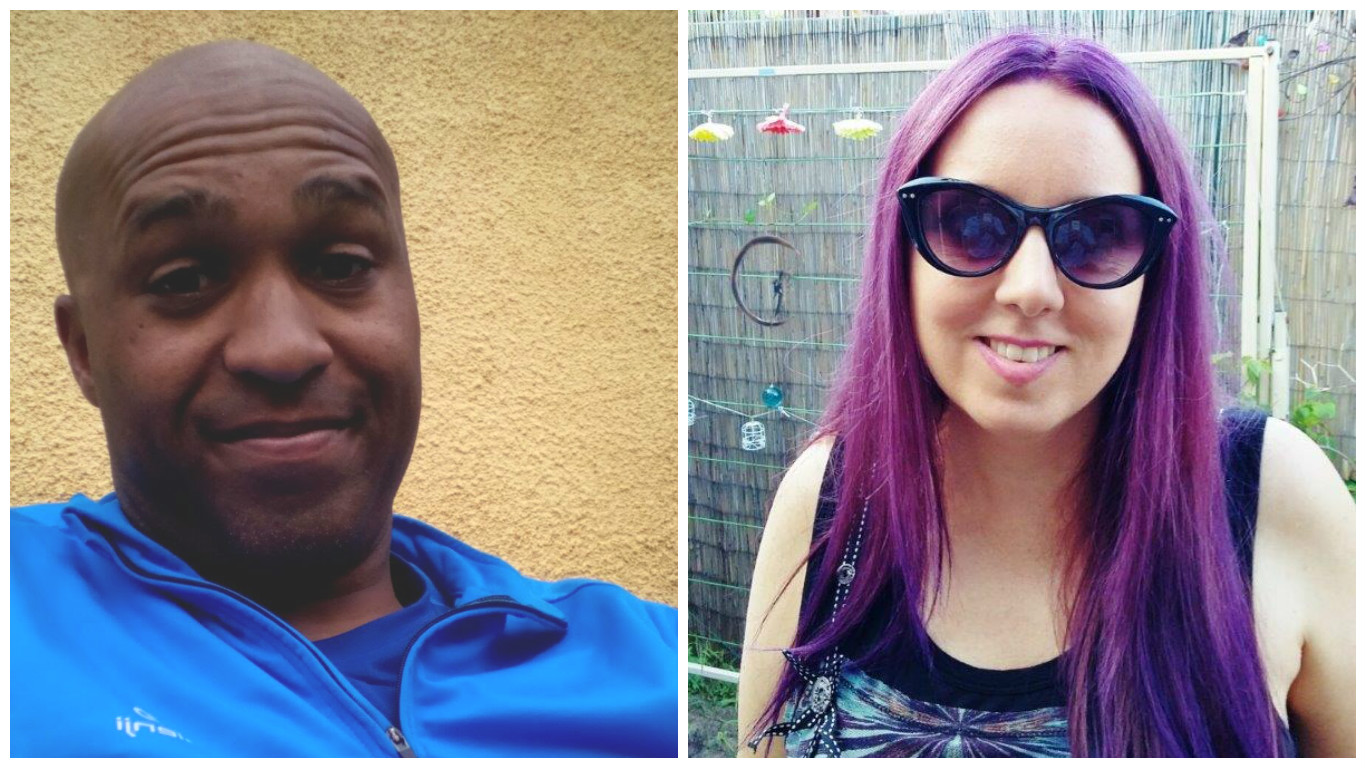
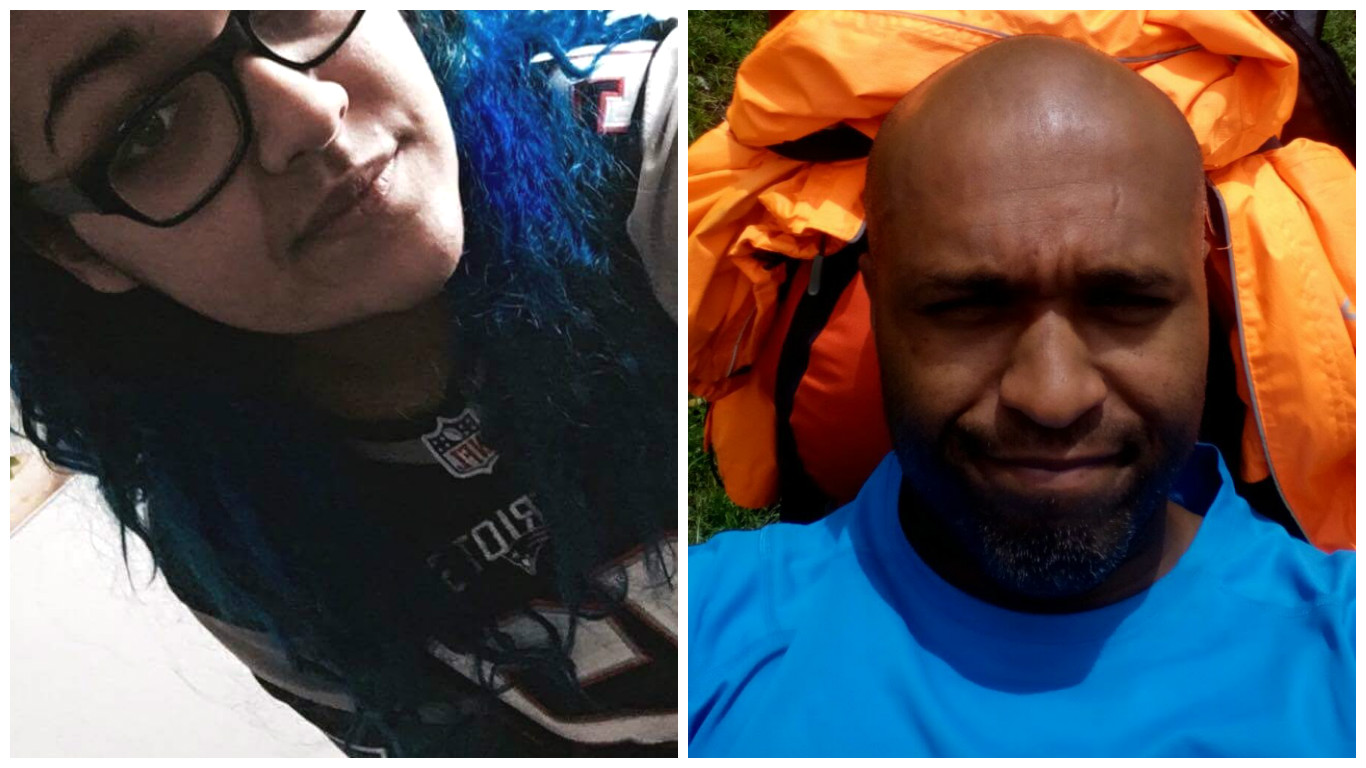
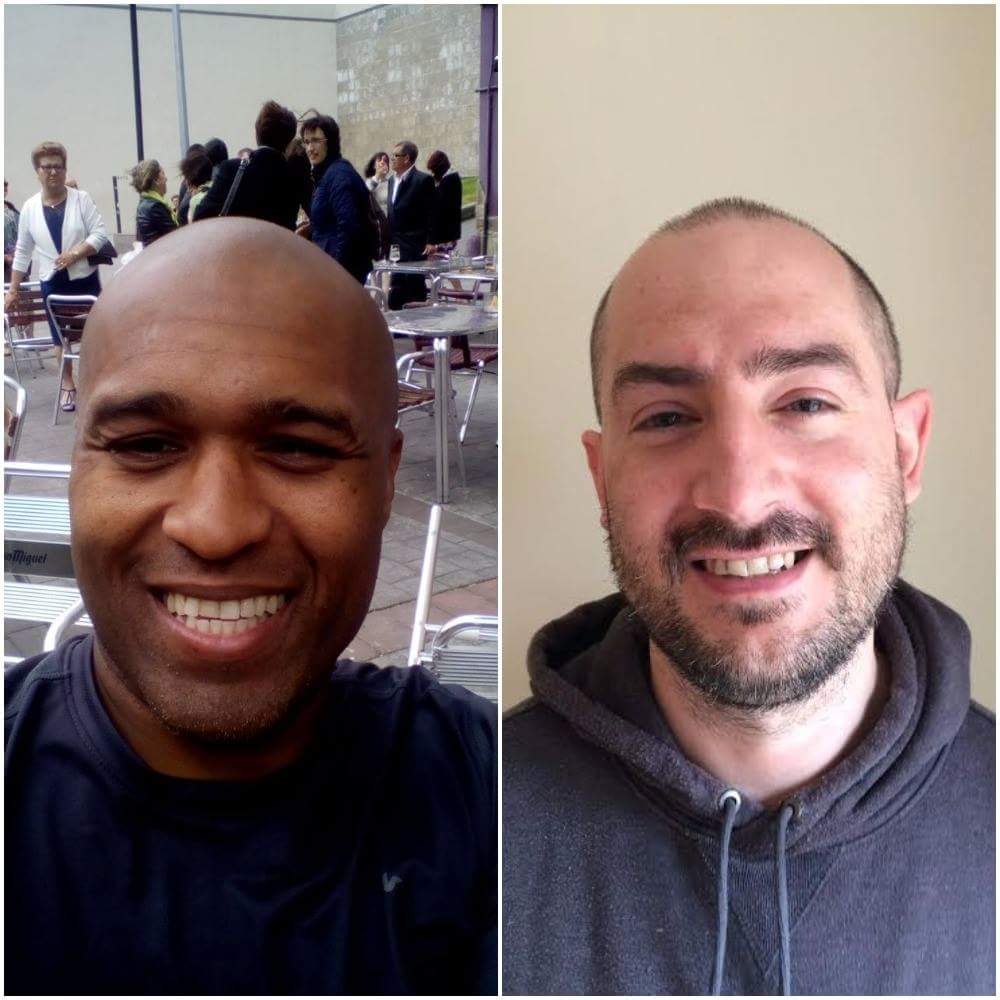
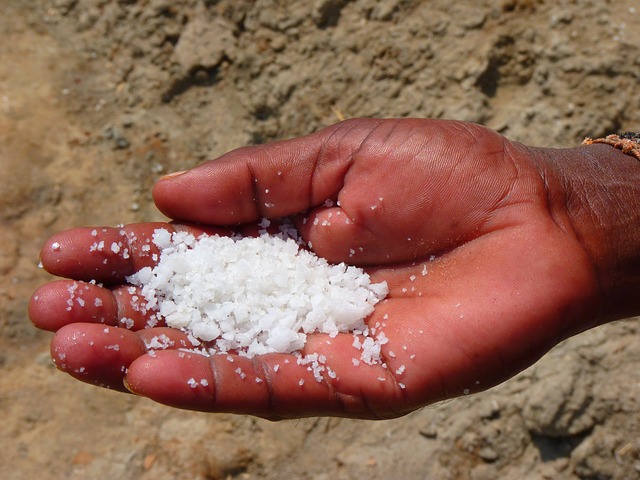
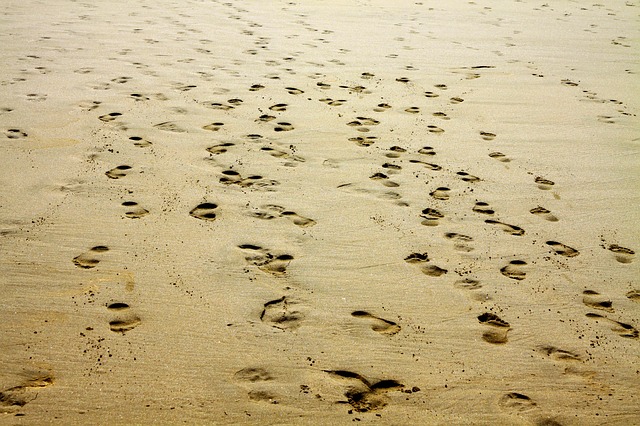
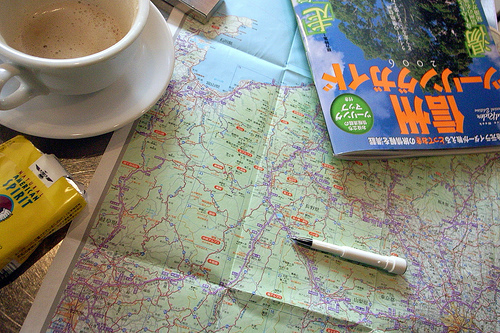
 There are many blogs sharing a few experiences and I only have to agree with one statement. Most of the “albergues” – the hostels catering to the pilgrims – are not open to host dogs. They have tons of excuses to say no, even when I only focused in “casas rurales” with plenty of space to camp. They argued that they also had (barking) dogs that disturbed pilgrims during their restorative sleep hours.
There are many blogs sharing a few experiences and I only have to agree with one statement. Most of the “albergues” – the hostels catering to the pilgrims – are not open to host dogs. They have tons of excuses to say no, even when I only focused in “casas rurales” with plenty of space to camp. They argued that they also had (barking) dogs that disturbed pilgrims during their restorative sleep hours.